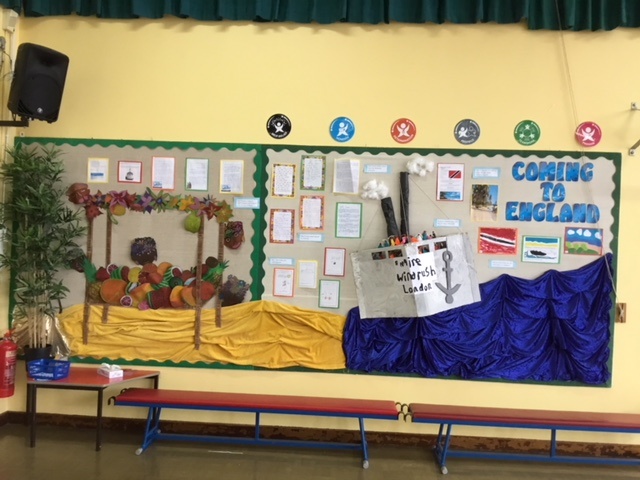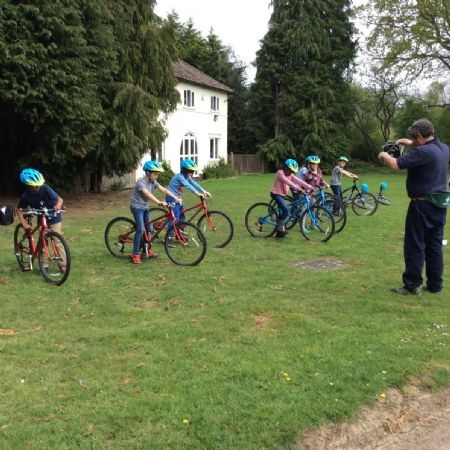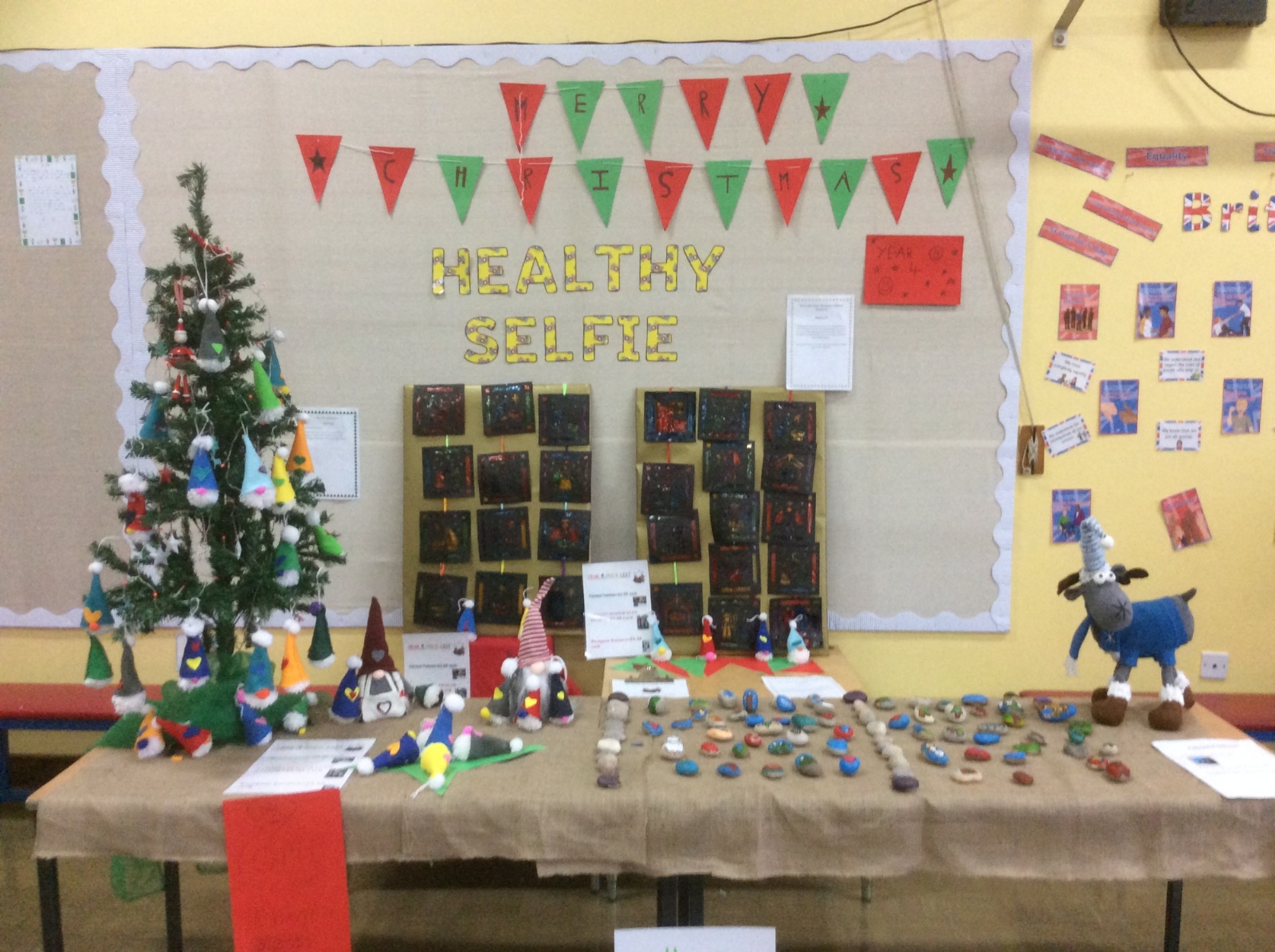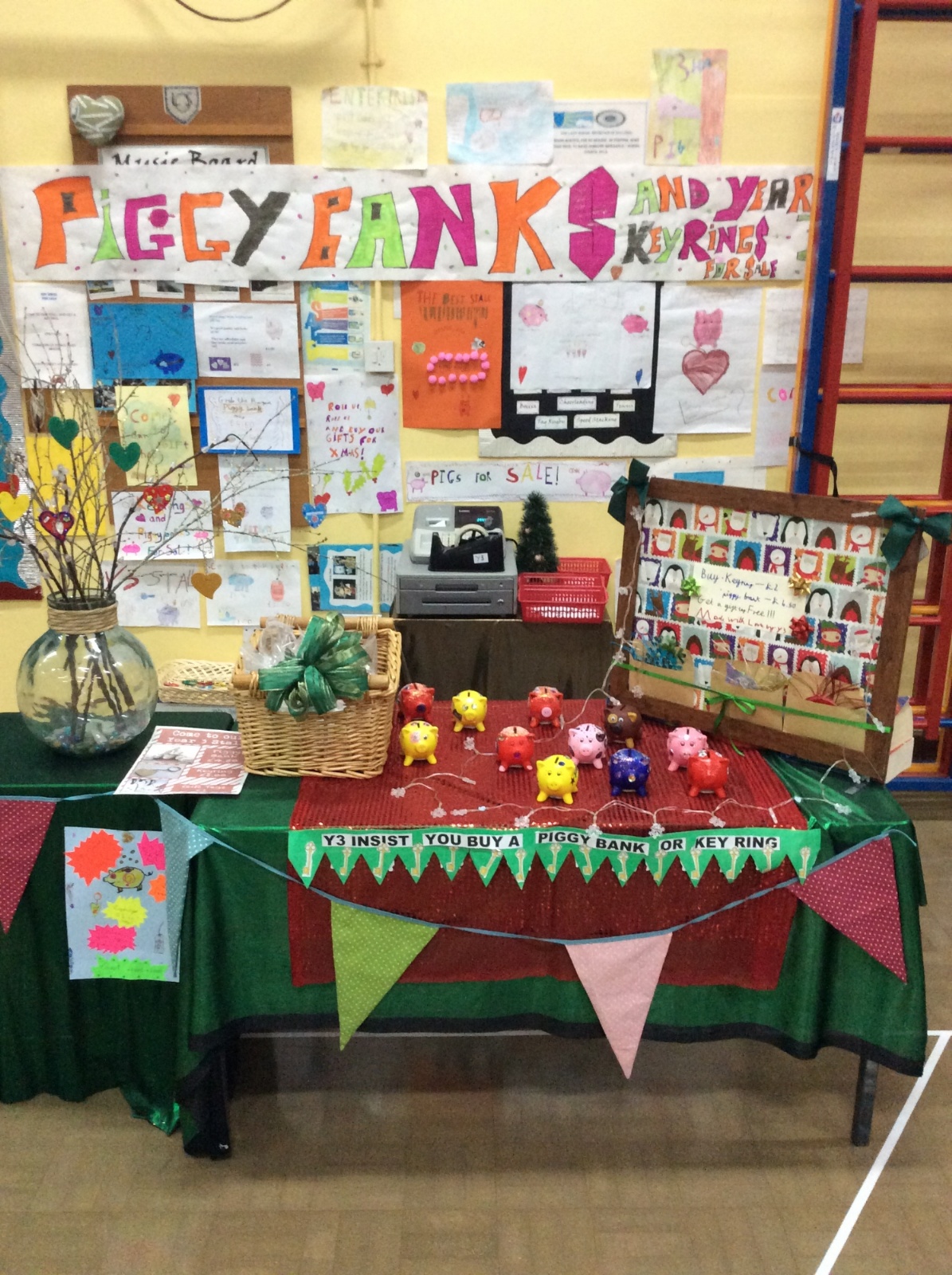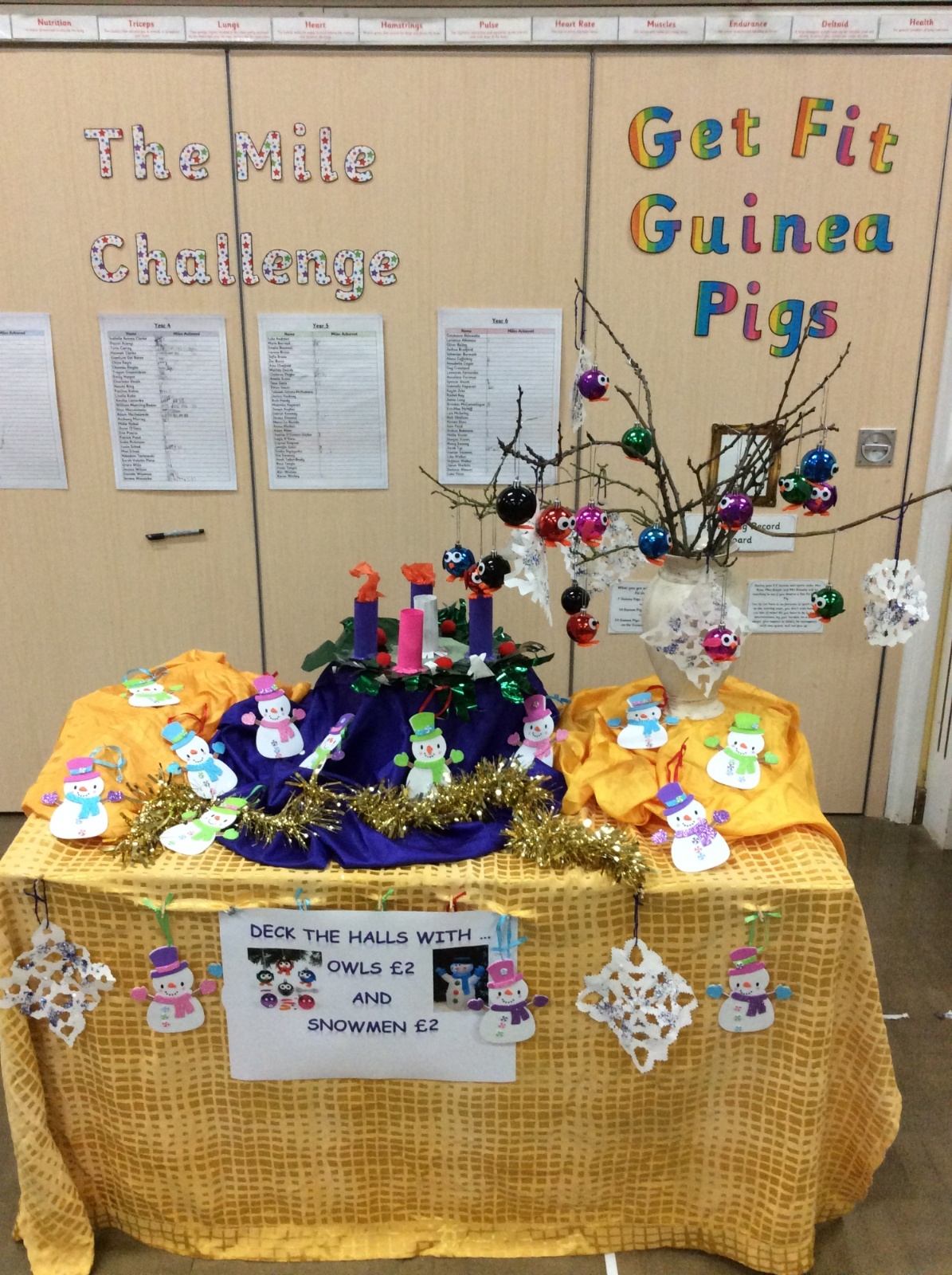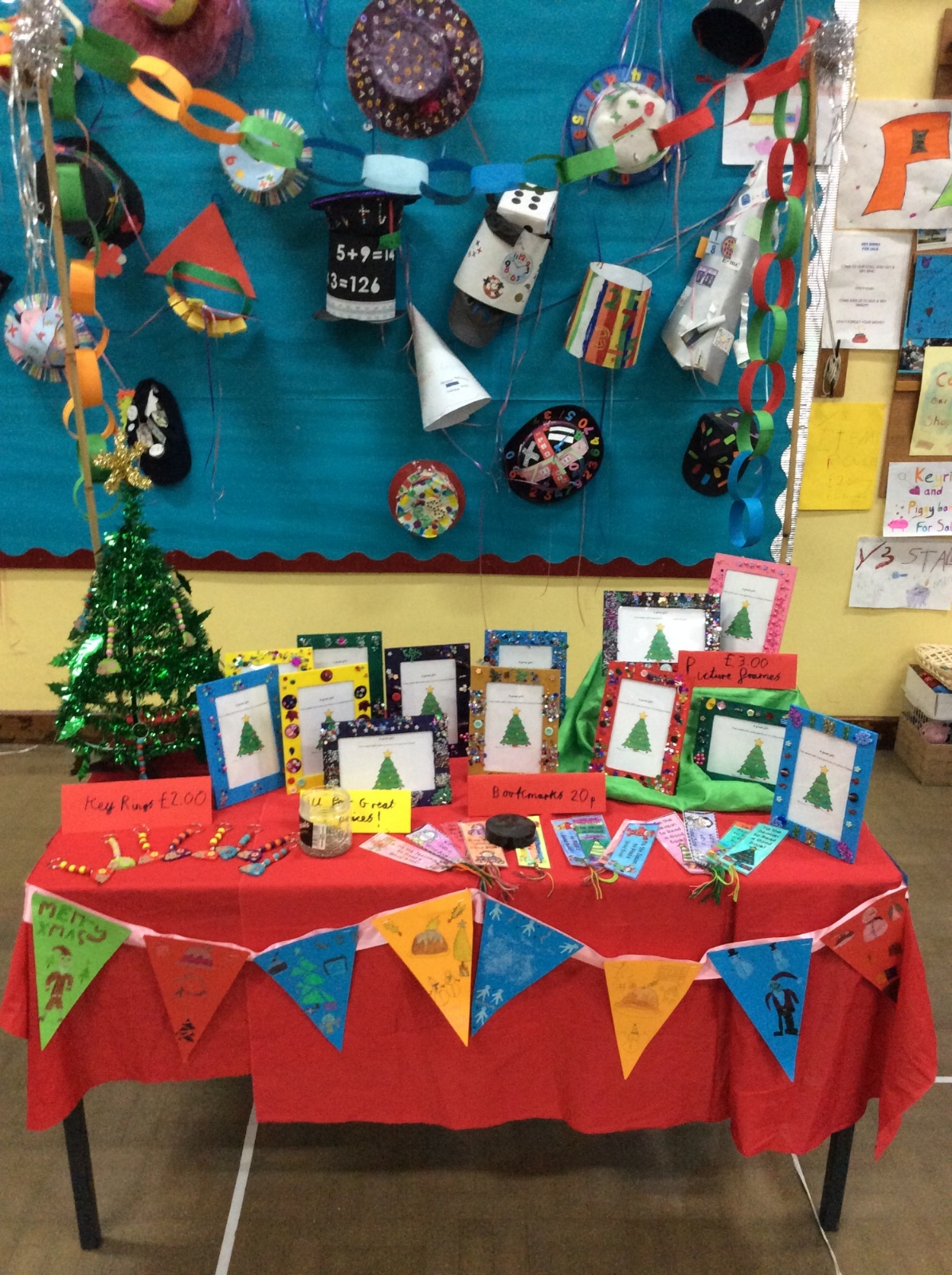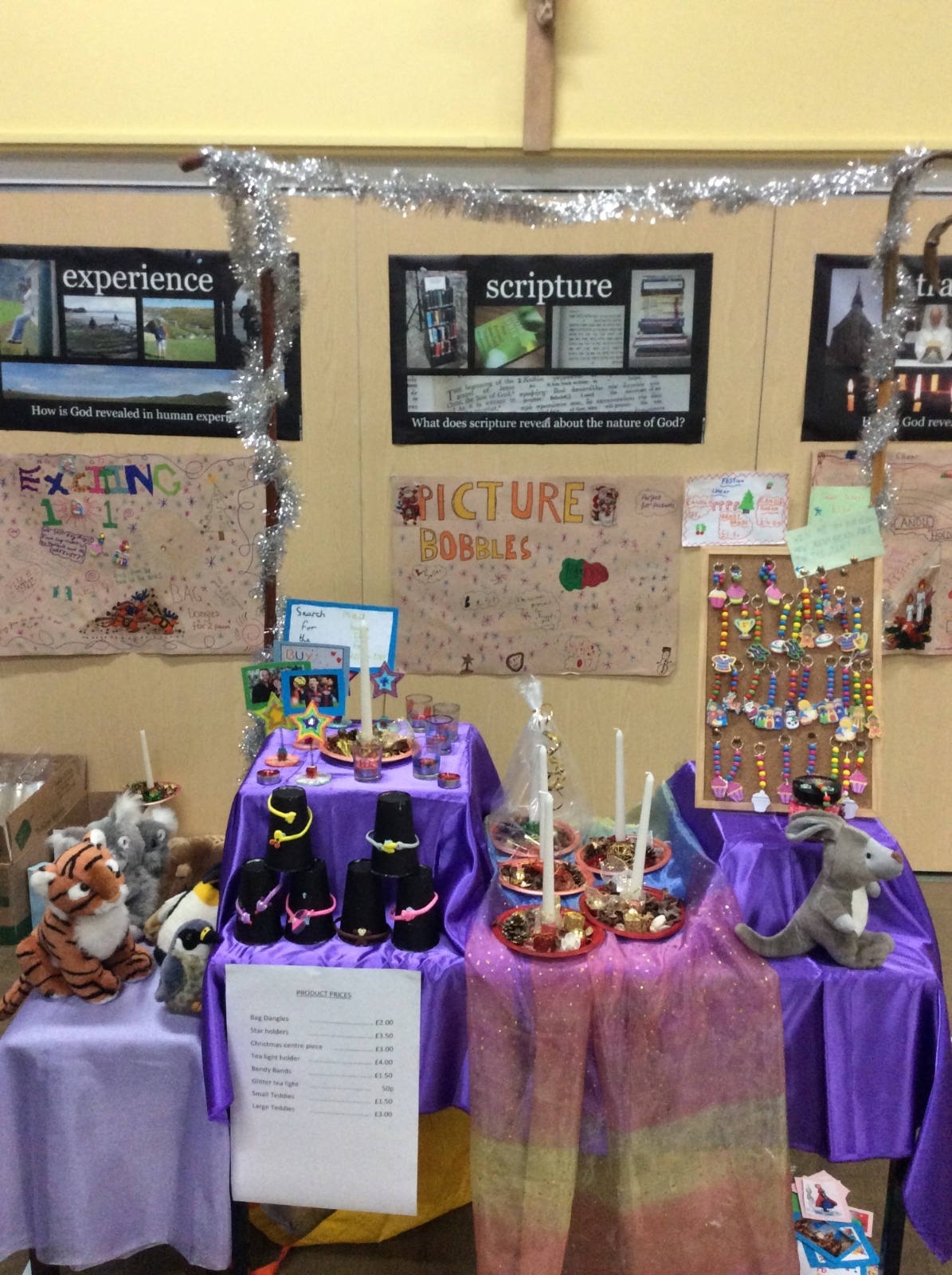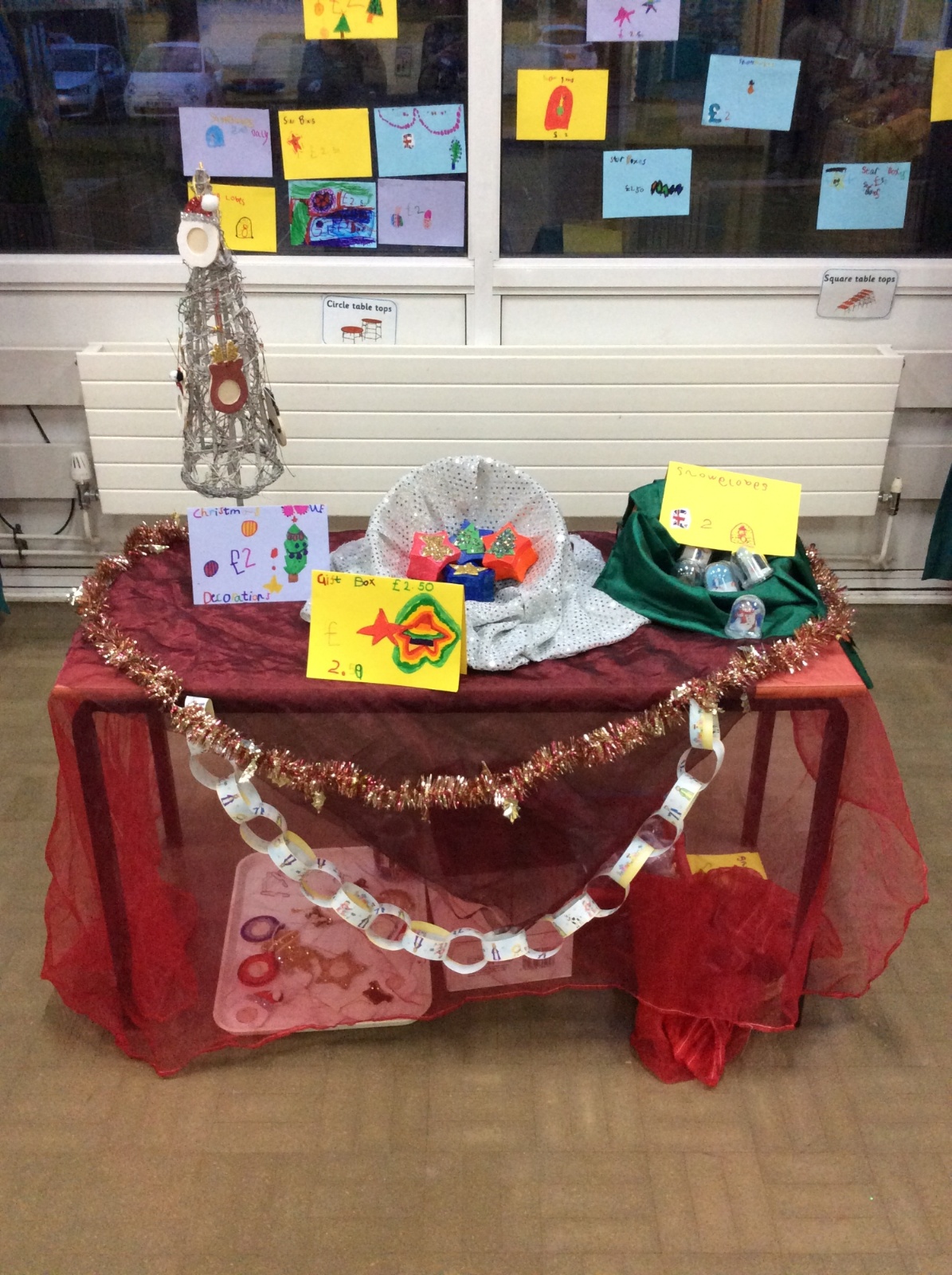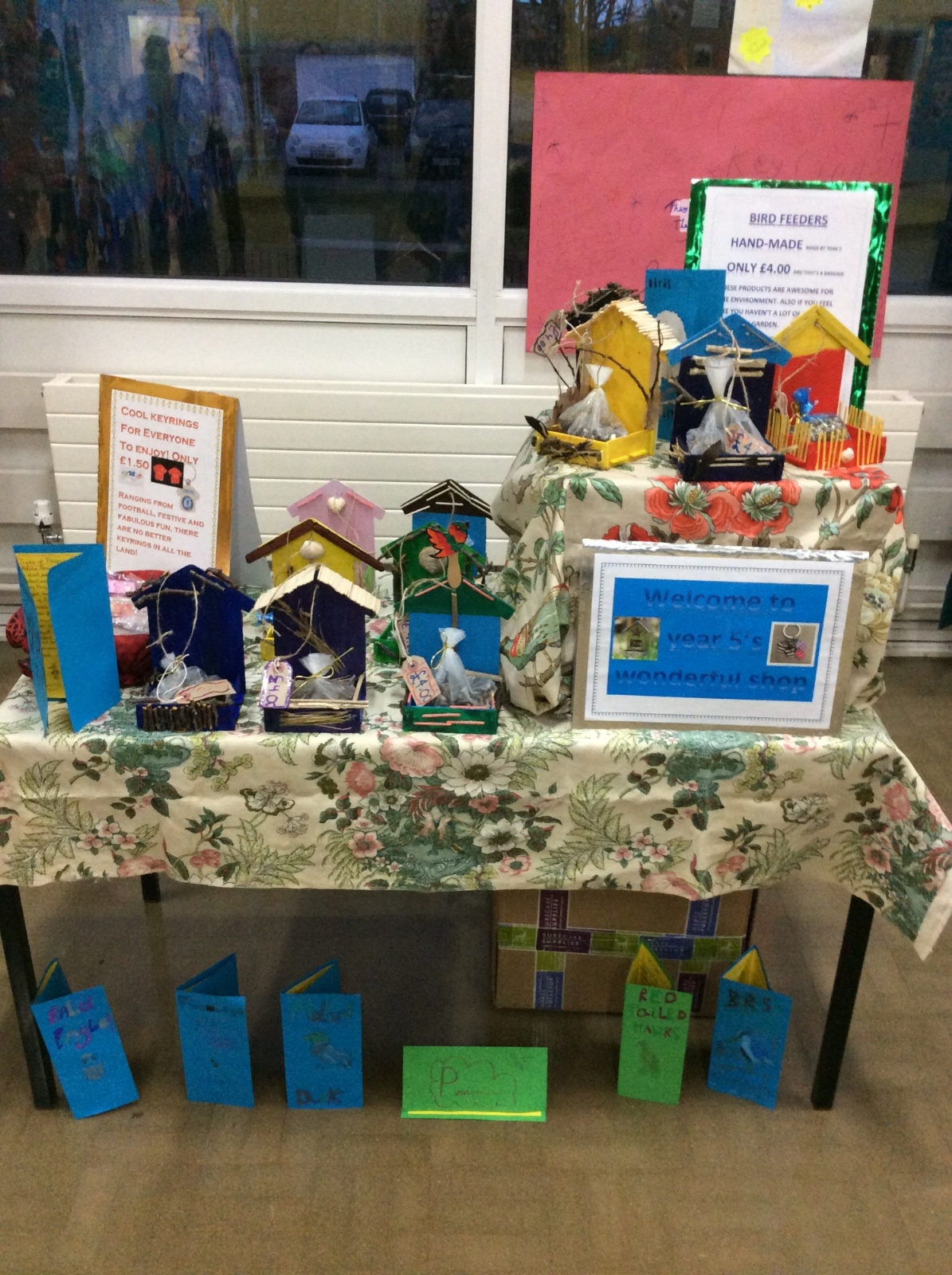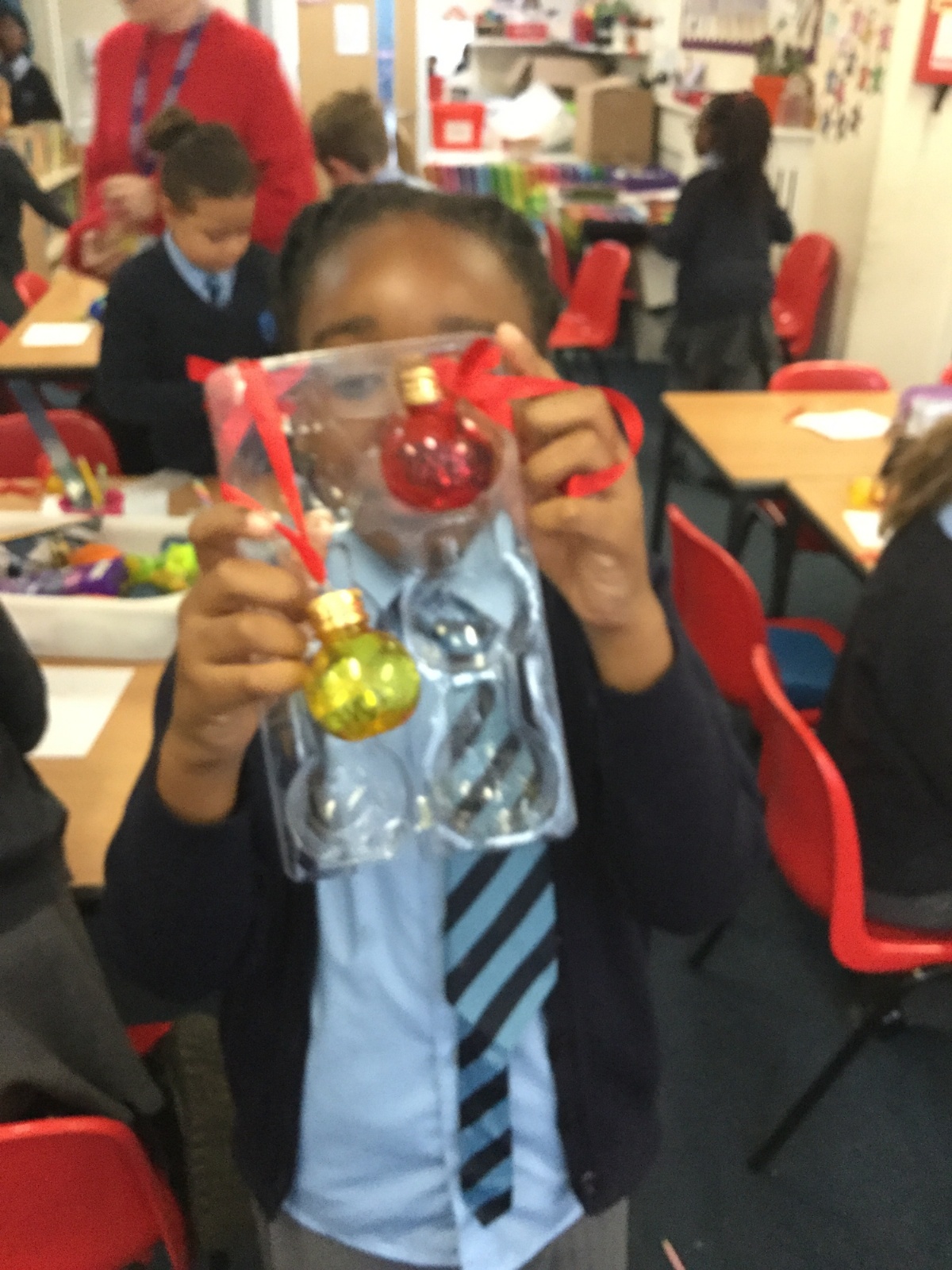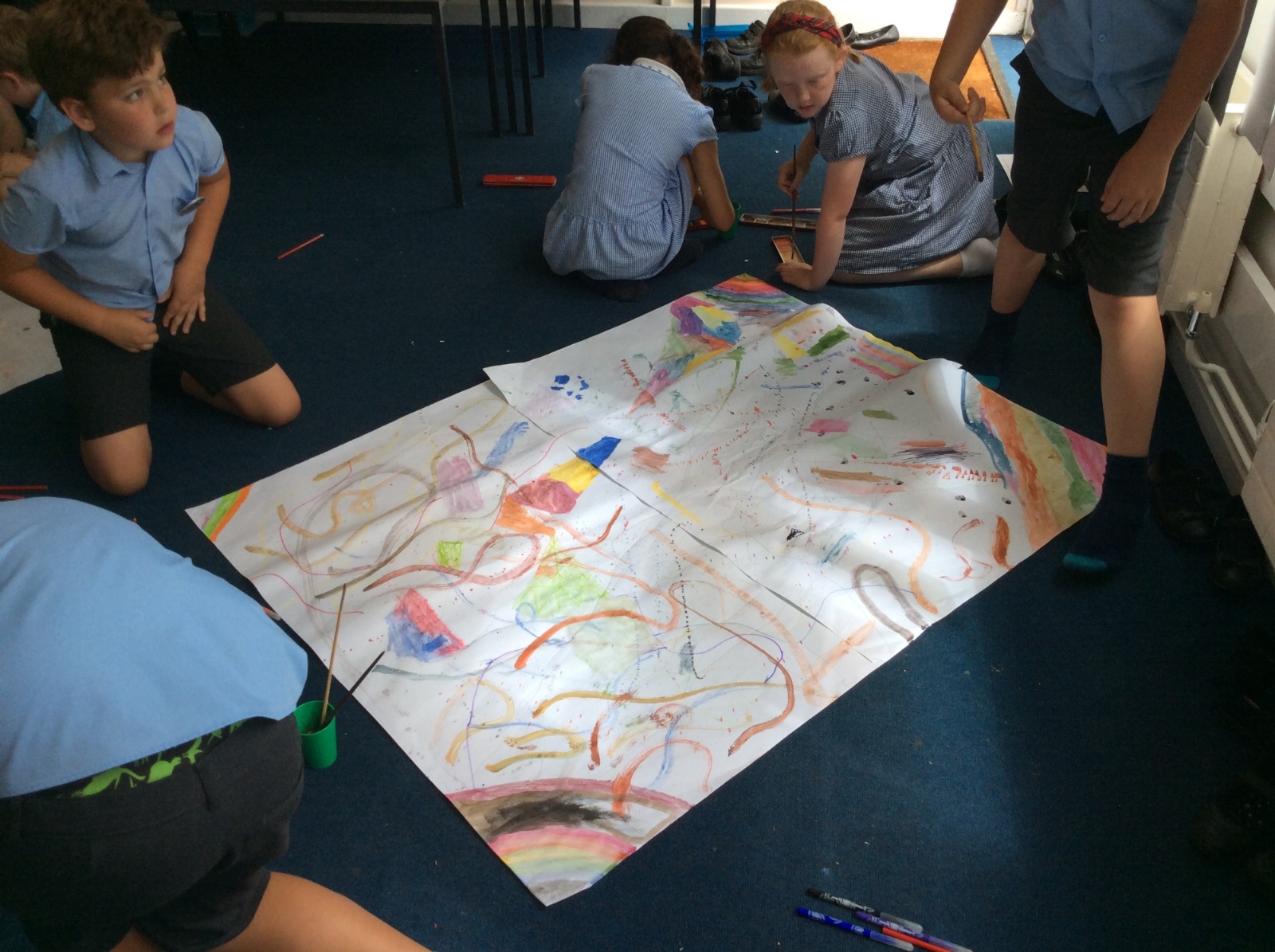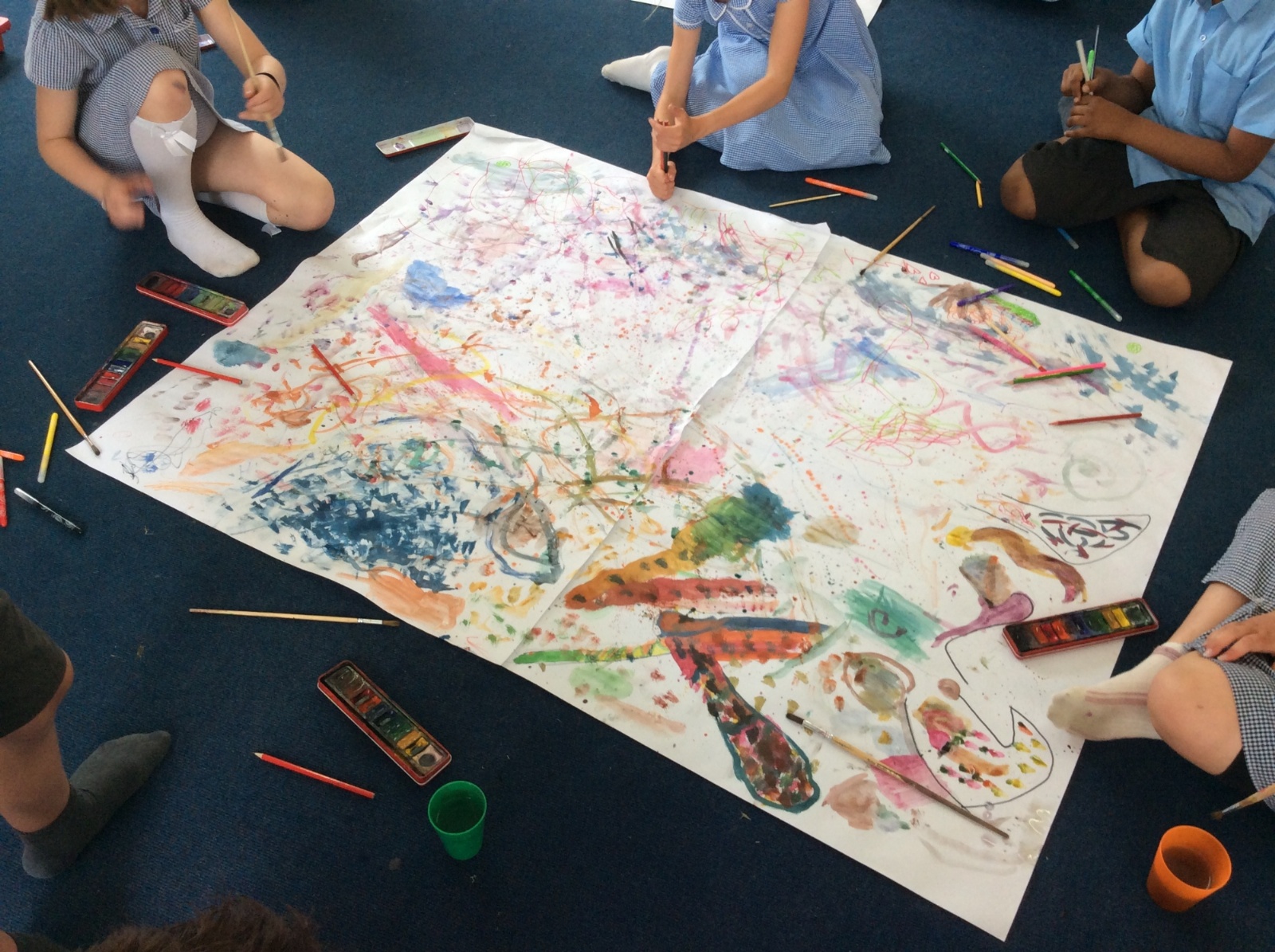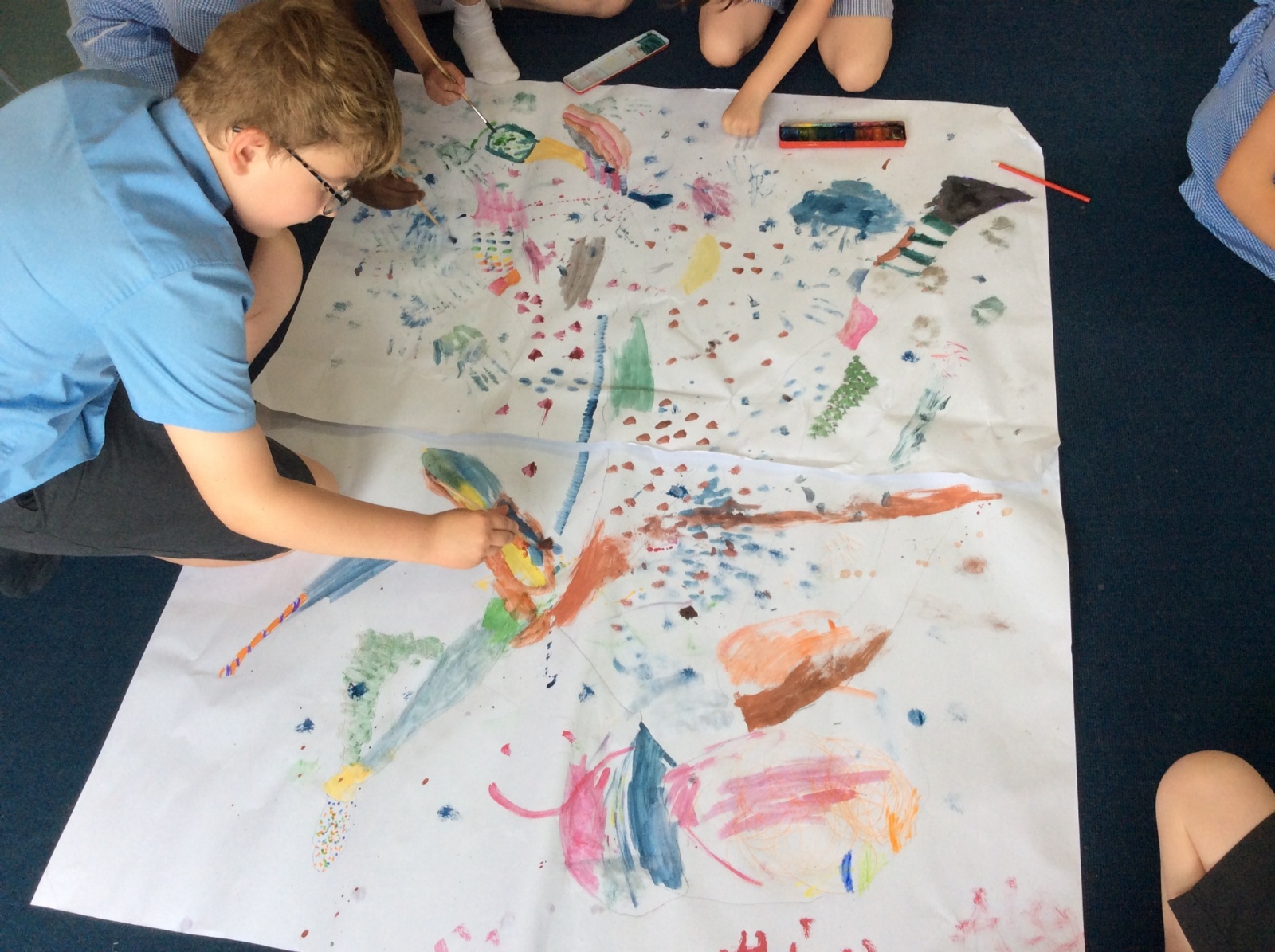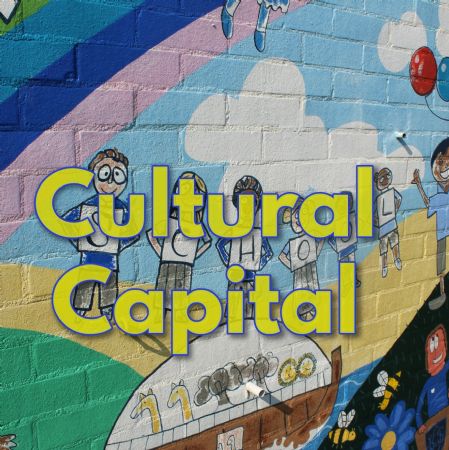Developing cultural capital at Our Lady School
Cultural Capital
At Our Lady Primary School our intent is to enable our children to be knowledgeable about British and world culture and give them the skills and opportunities to talk about the wider world in which we live with confidence. We aim to provide our children with the essential knowledge that pupils need to be educated citizens, introducing them to the best that has been thought and said, and helping to engender an appreciation of human creativity and achievement.
We want them to develop the skills to appreciate and discuss elements of the arts and culture through giving them a wide range of experiences within and outside the classroom.
We want to celebrate the heritage, arts, language and traditions of our local area, country and the wider world. We want the children to be equipped to be the best that they can be as they grow up and have the skills and attitude they need to succeed.
We want them to experience the best of nature, art, music and have a wide range of experiences and immerse children in a rich vocabulary to open doors to the world around them.
Visitors
Trips
Events
Whole School Projects
British Values
British Values
In June 2014, the then secretary of state for education, Michael Gove, announced that schools would be required to promote British values from September 2014. The Education (Independent School Standards) (England) (Amendment) Regulations 2014 for the new social, moral, spiritual and cultural (SMSC) standard came into force on 29 September 2014. The regulations state that to meet the standard for the SMSC development of pupils, independent schools/academies and free schools must actively promote what the Government defines as ‘fundamental British values’: democracy, the rule of law, individual liberty, and mutual respect and tolerance of those with different faiths and beliefs.
A key part of our plan for education at Our Lady School has always been to ensure children become valuable and fully rounded members of society who treat others with respect and tolerance, regardless of background. Through SMSC provision and the values of Christ, as witnessed through the Gospels, we actively promote and reinforce these ‘British values’ that have their roots in the Christian values and beliefs that were in existence at the time our country was moving towards a wider understanding of what government and the rights of the people were. At Our Lady School we recognise that these values are not uniquely British. The teachings and ideals of Christ, given to us through His Word and His Body, walk hand in hand with these values bringing: Love and solidarity, Truth and Justice, Purity and Holiness, Dignity and Compassion and Tolerance and Peace. We teach the importance of ‘British Values’ by going much deeper into the meaning of what it means to live a good life, within a framework of Catholic Christian Values. At Our Lady School we are guided by our mission statement which best sums up the ethos of our school:
“Together at Our Lady School, we are living, learning and growing through Jesus Christ and his Church”
Together, guided by Christian values of respect, compassion, co-operation and stewardship, we reflect on our place and purpose in the world. We simultaneously celebrate individuality and difference within our communities and share the calling to work for the Common Good, in the service of others.
The examples that follow are just some of the ways that ‘British values’ are embedded into our every day life and curriculum at Our Lady School:
Democracy
Each year the children decide upon their own Class Charter and the rights associated with them. Our School Council is a group of children who act as one voice for the children in the school. Its members are children democratically elected by their fellow classmates to represent them. We have four Houses, each with two House Captains elected by their fellow pupils in Year 6, who also sit on the School Council. The School Council organises events and activities and evaluates them, and is involved in developing policies. A majority vote system is used, so that decisions are made fairly. Pupils have the opportunity to have their voices heard through Class Councils which feed ideas to the School Council. Children also have an opportunity to express their opinions in Pupil Questionnaires and Pupil Voice. Through the curriculum, the origins of democracy are explored through historical research of Ancient Greece, Roman civilisations, the Monarchy and Government.
The Rule of Law
The importance of Laws, whether they be those that govern the class, the school, or the country, are consistently reinforced every day, as well as when dealing with behaviour and through regular school assemblies. We have high expectations about pupil conduct and this is reflected in our behaviour policy. Pupils draw up their own Class Charters which link to the whole school set of ‘Golden Rules’. We have a house system in place which is reflected in the School Council and house point systems. There are rewards for exhibiting responsible actions and respectful behaviour: housepoints, achievement awards, and Headteacher awards. Through our school’s values, RE curriculum, collective worship and PHSE programme, children are taught how to earn trust and respect and are supported to develop a strong sense of morality; pupils know right from wrong and about making good choices, even when it is difficult. Pupils are taught the value and reasons behind laws, that they govern and protect us, the responsibilities that this involves, and the consequences when laws are broken. To help us reinforce this message we organise and encourage visits from authorities such as the Community Support Officer; Police; Fire Service; Lifeguards; and magistrates.
Individual Liberty
Within school, pupils are supported and guided spiritually and morally, learning how to make good effective choices whilst knowing that they are in a safe and supportive environment. Pupils are encouraged to know, understand and exercise their rights and personal freedoms and are advised on how to exercise these safely. This is explored, for example, through our eSafety curriculum, PSHE lessons and by the provision of a variety of cross-curriculum opportunities. Pupils are encouraged to take opportunities to follow their interests in a range of extra-curricular clubs, art, music, sport, workshops and events which allow them to exercise their individual choice. The school is fully committed to action for social justice and has achieved Rights Respecting L2 status (July 2012) which is based on the UNICEF articles and Rights of the Child. This is seen through our policies, procedures, behaviour and most importantly, through our actions.
Mutual Respect
Our Class Charters, as well as our behaviour and anti bullying policies that are monitored by the School Council, are linked to our work as a UNICEF’s Rights Respecting School (Level 2). Posters and displays around the school promote Rights Respecting values and increase the children’s knowledge of the importance of mutual respect in school, our local community, nationally and in the wider world. In 2014 Our Lady School was awarded the British Council International Award. Children are taught to respect each other, to be co-operative and collaborative and to look for similarities while being understanding of differences. We care and support one another, pray for one another, show respect for one another and love one another.
Tolerance of those of different Faiths and Beliefs
The development of pupils’ understanding of their place in a culturally diverse society and by giving them opportunities to experience such diversity is very important at Our Lady School. Our RE syllabus follows the teaching of the Church in providing a broad and balanced education, which includes an understanding of and respect for people of other faiths or none and other religions, cultures and lifestyles. Children learn about different religions, their beliefs, places of worship and festivals. Assemblies, themed weeks and workshops offer pupils enriched experiences to deepen their understanding, tolerance and knowledge of our culturally diverse society. The school celebrates the many languages spoken by our pupils, e.g. through sharing prayers in assemblies, through inter-action with visitors, on trips, in language clubs and festivals. Members of different faiths or religions are made welcome and encouraged to share their knowledge to enhance learning within classes and the school. This is also linked to our work as a UNICEF Rights Respecting School (Level 2).
Prevent Strategy
Members of staff and governors have been trained on WRAP, the Home Office's anti-radicalisation training package. For futher information please see the parent pamphlet below:


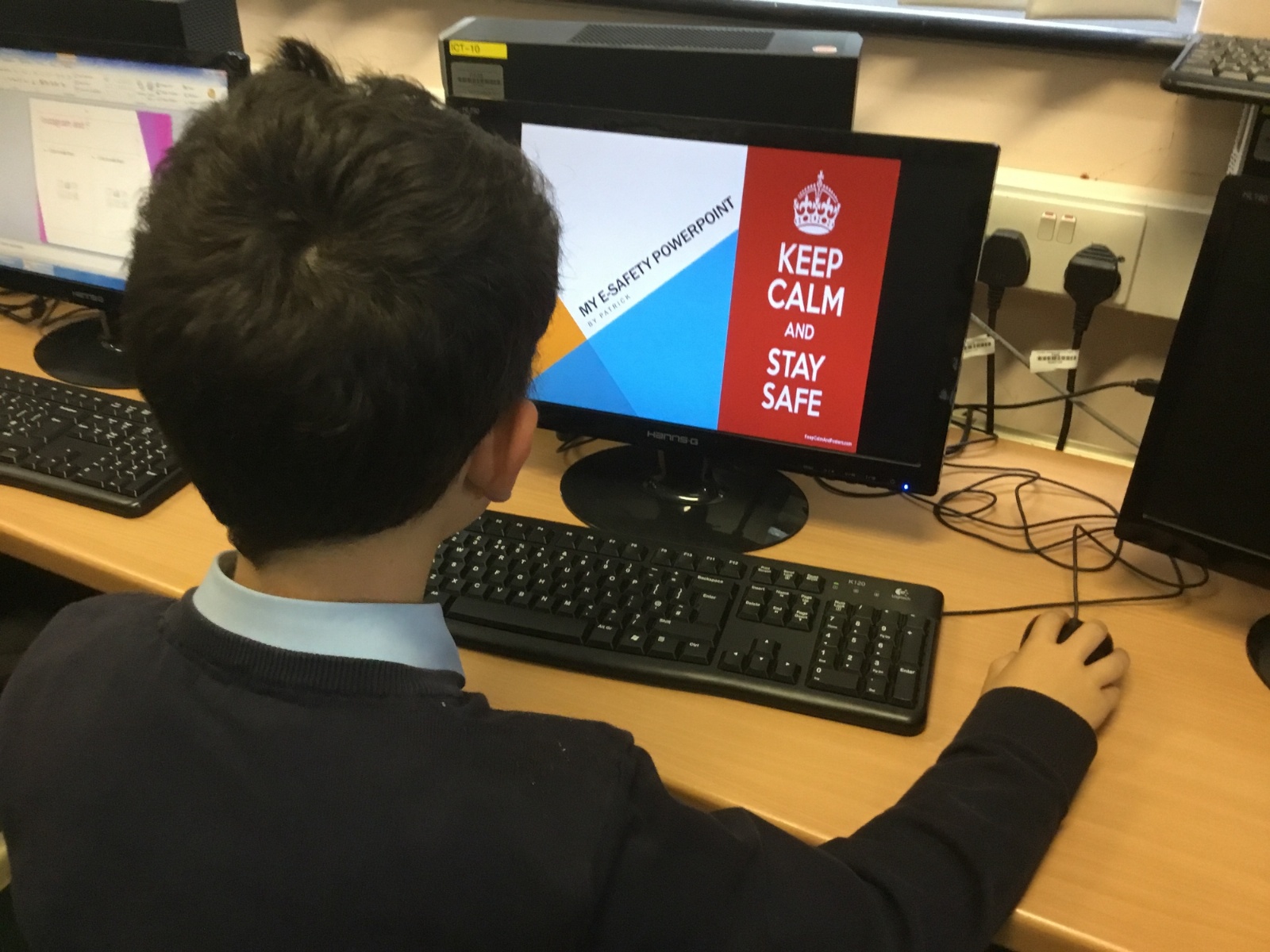

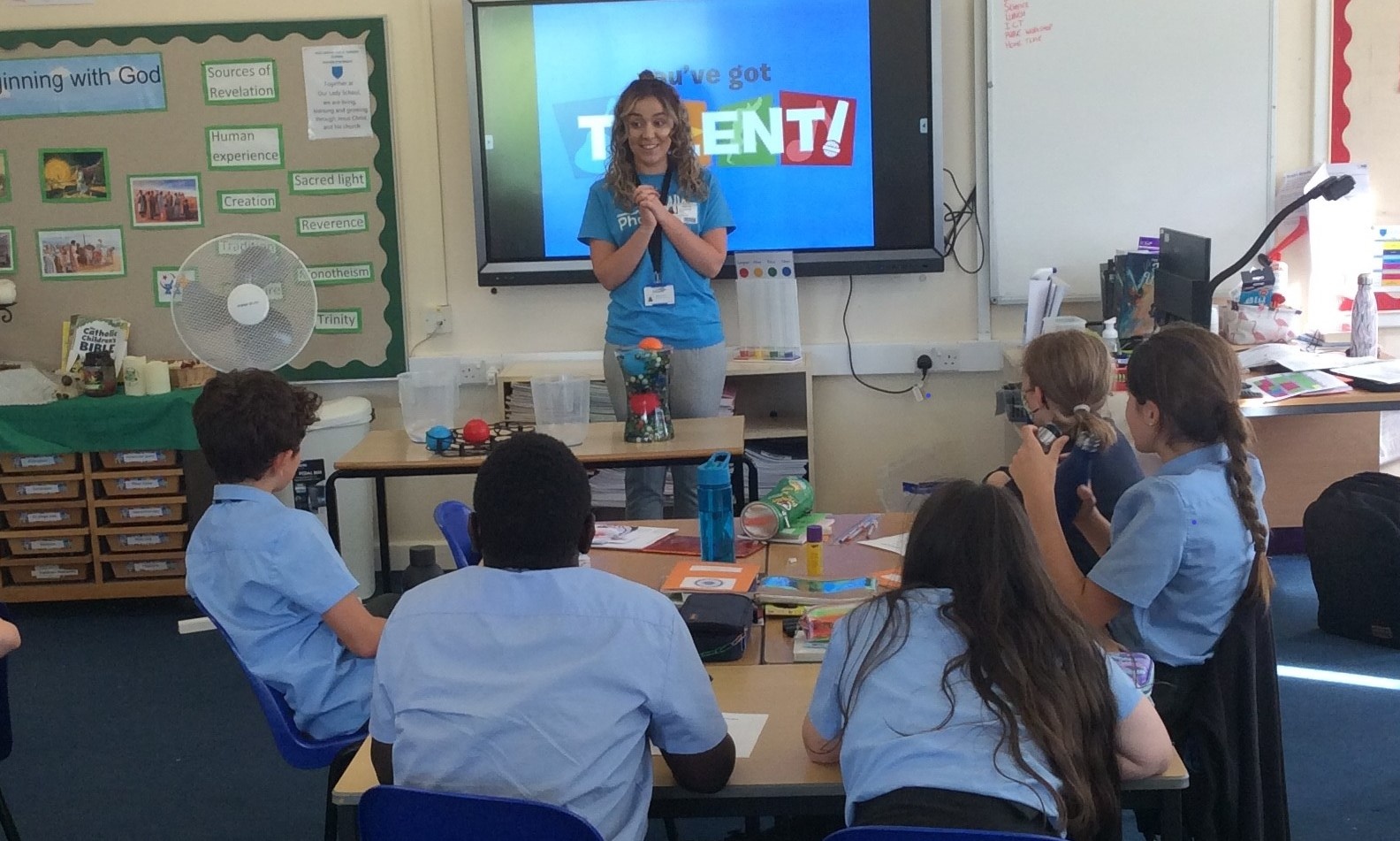
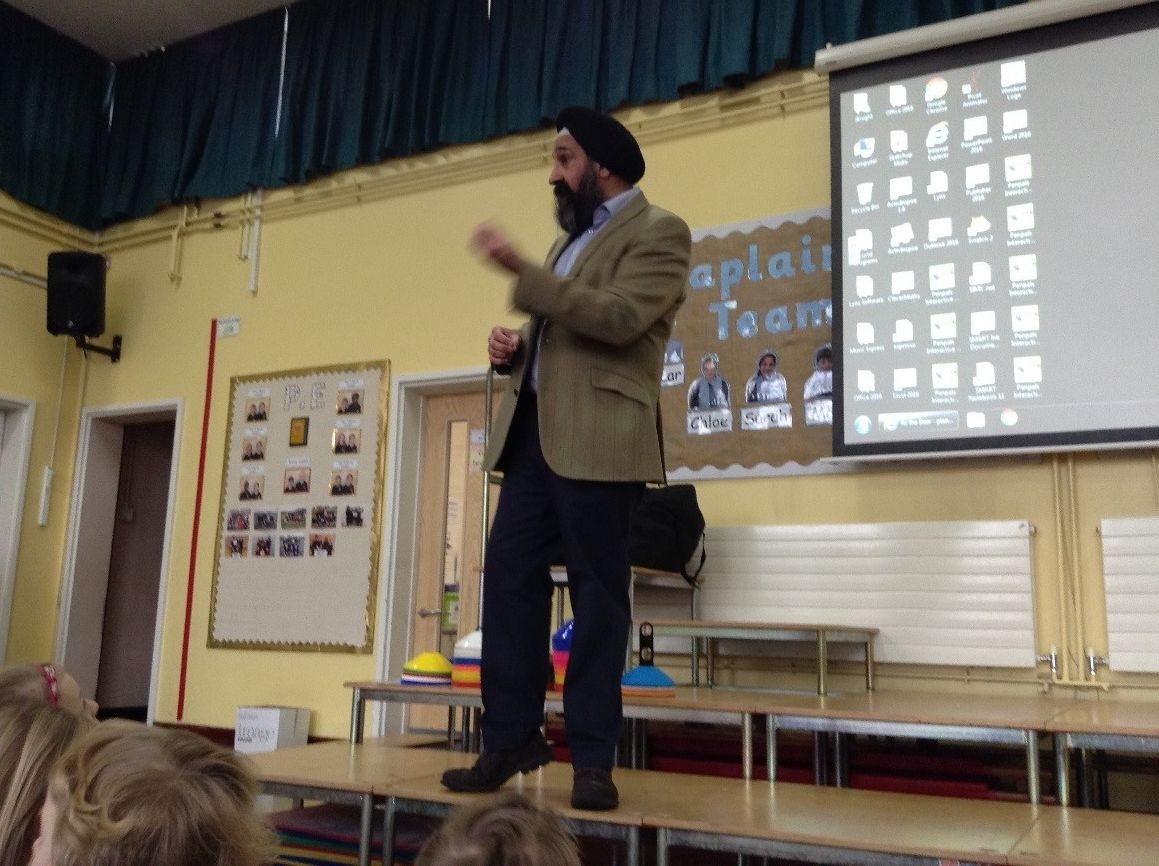
.jpg)




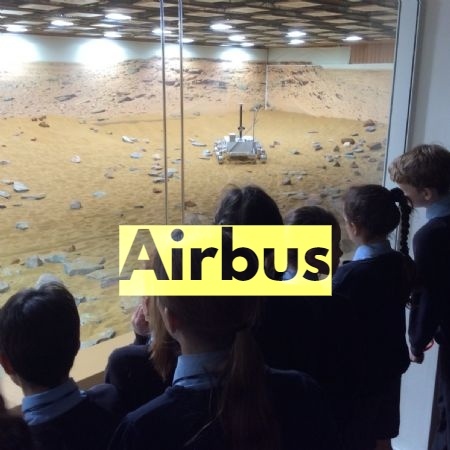
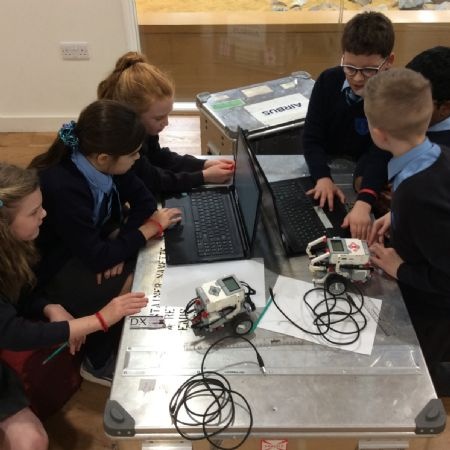
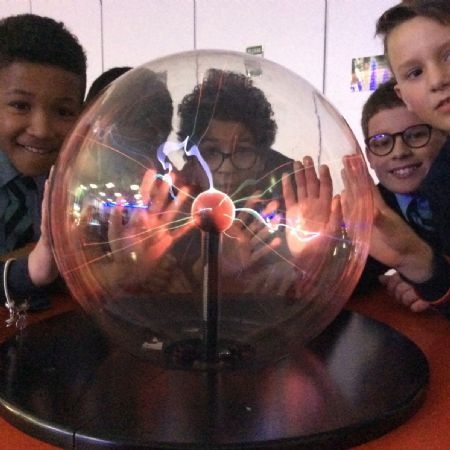
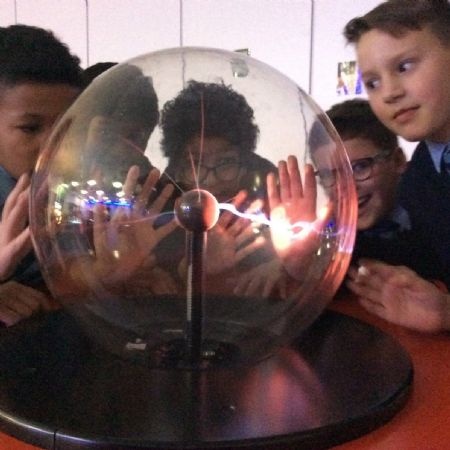
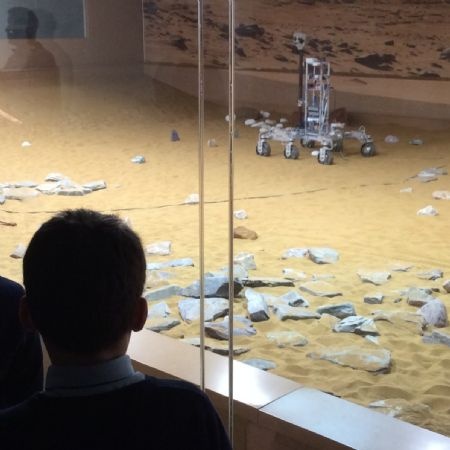

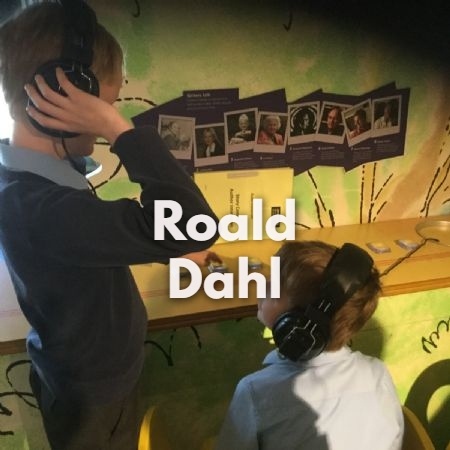
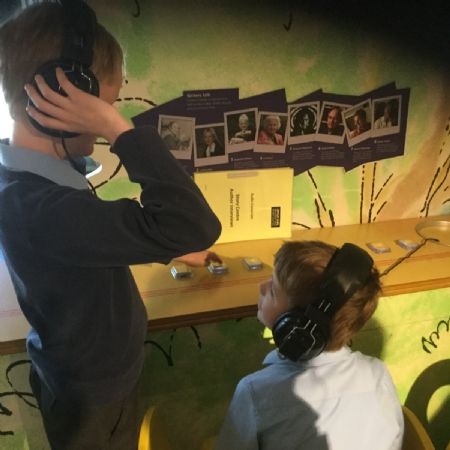
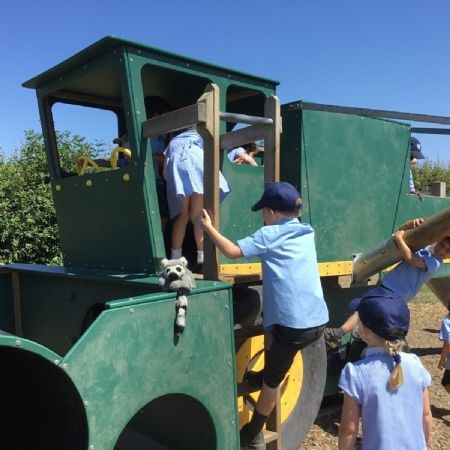
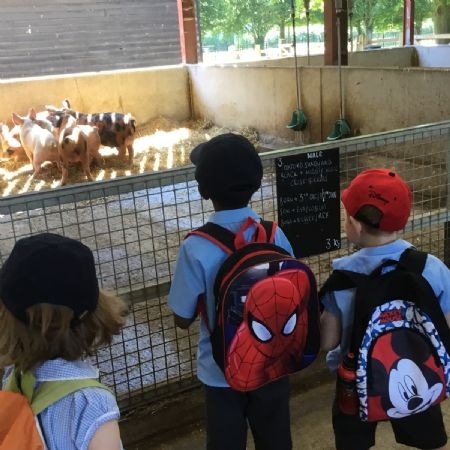
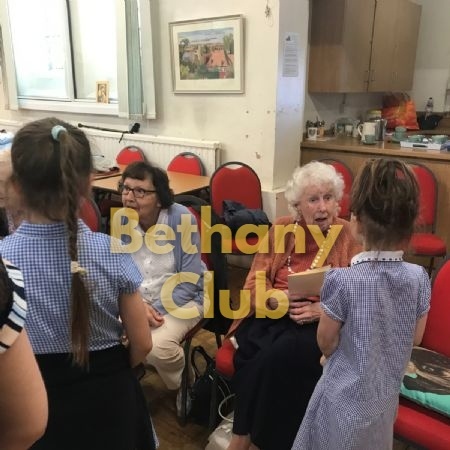
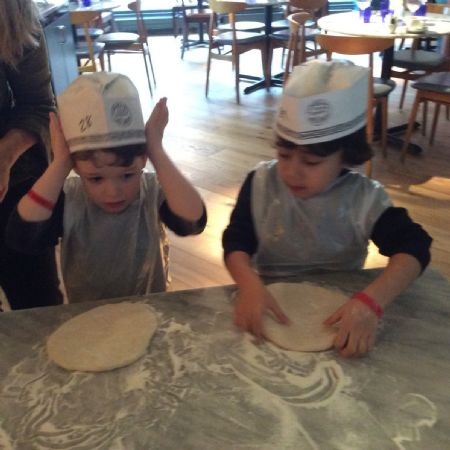

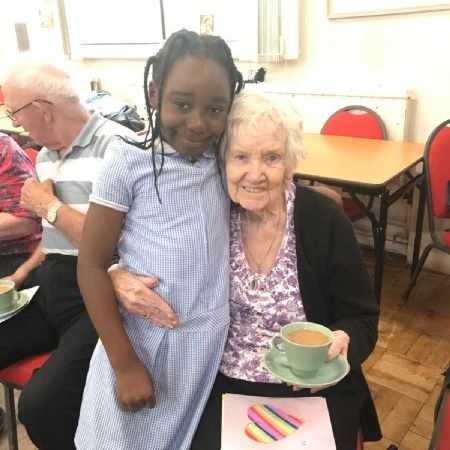
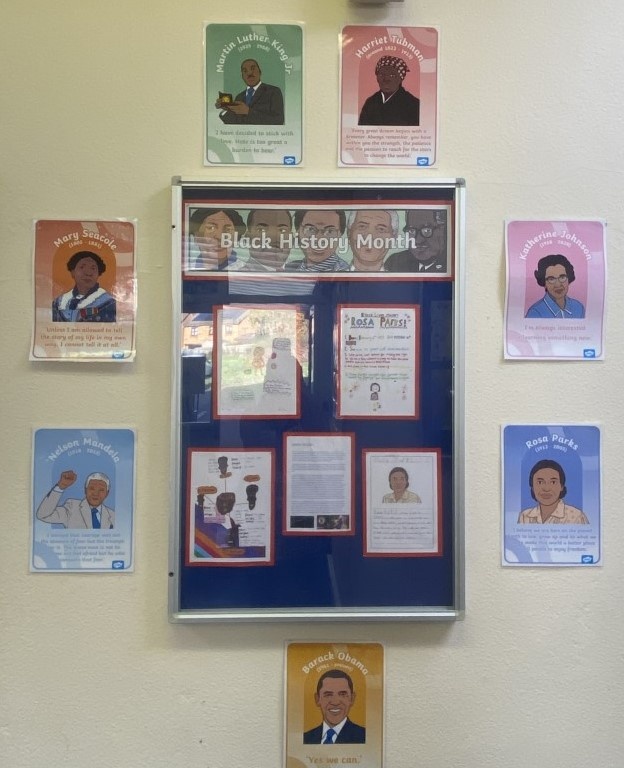
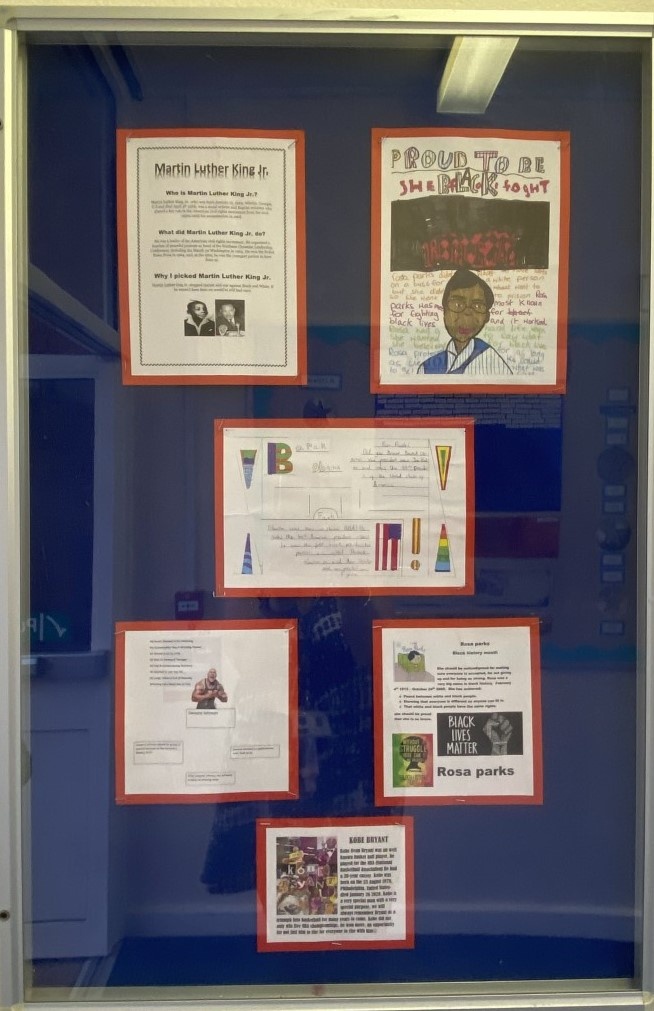
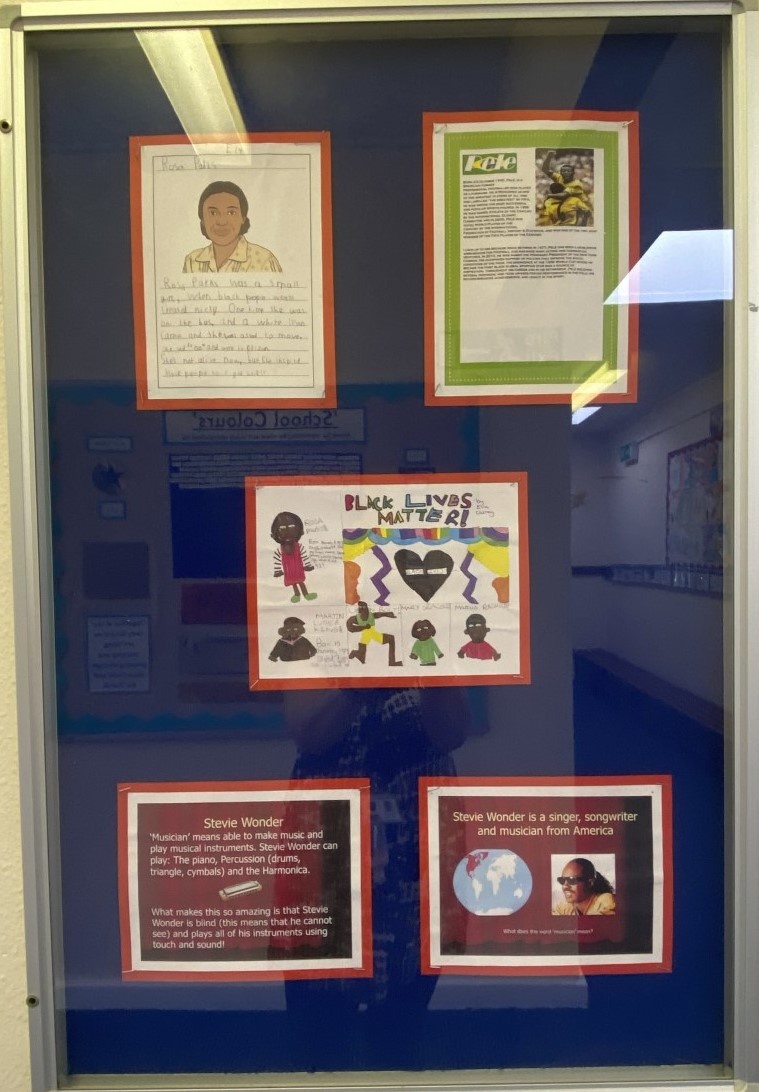
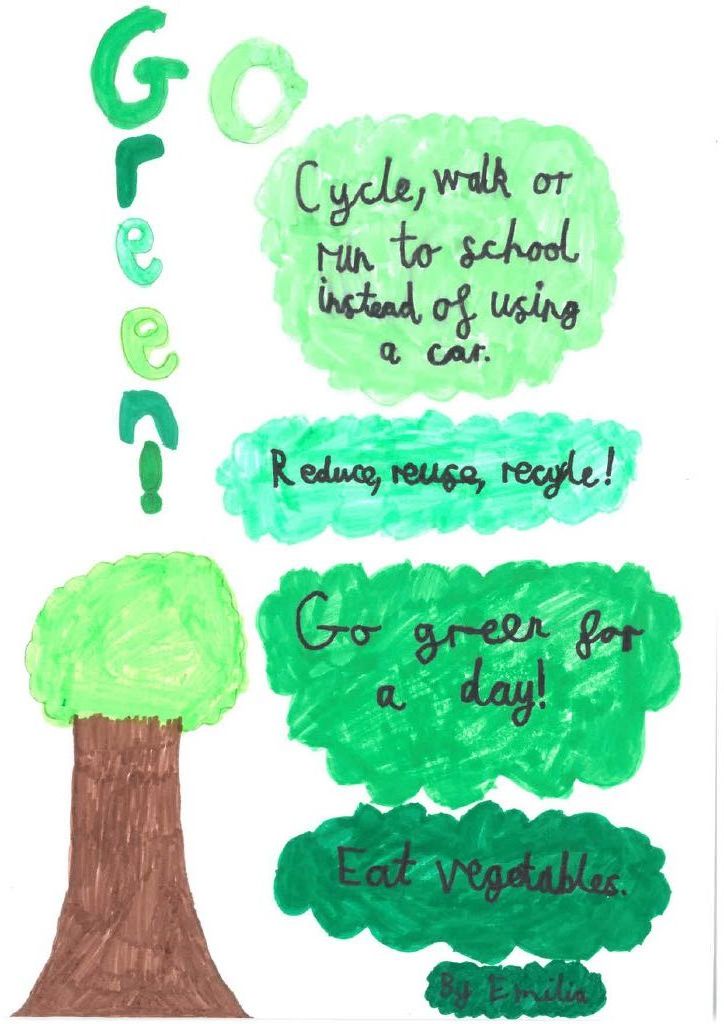
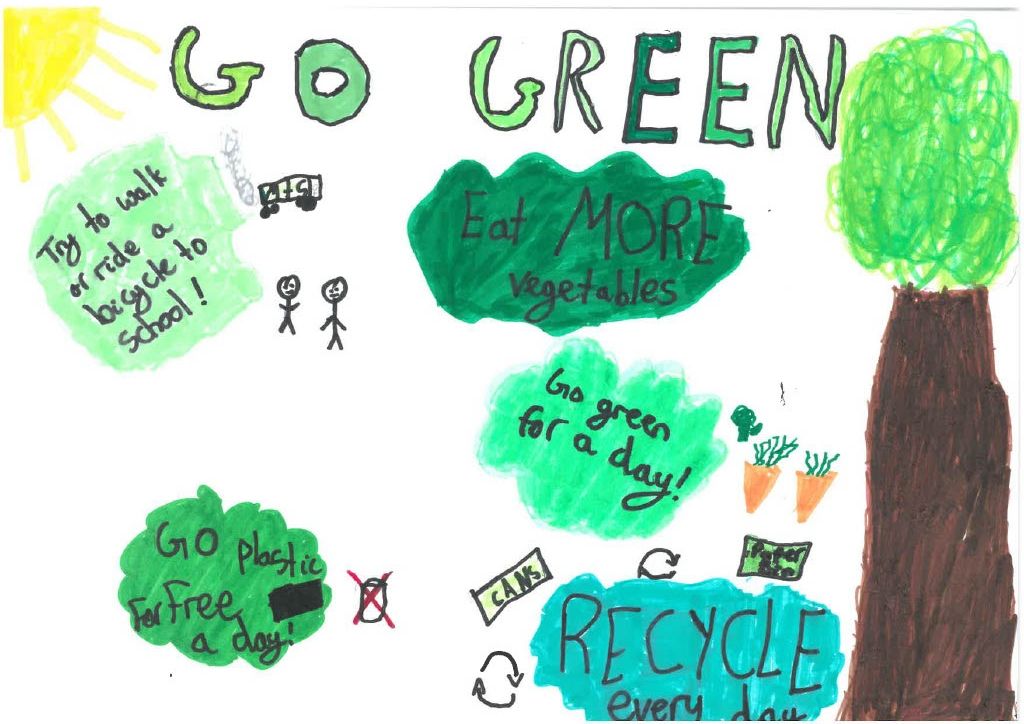
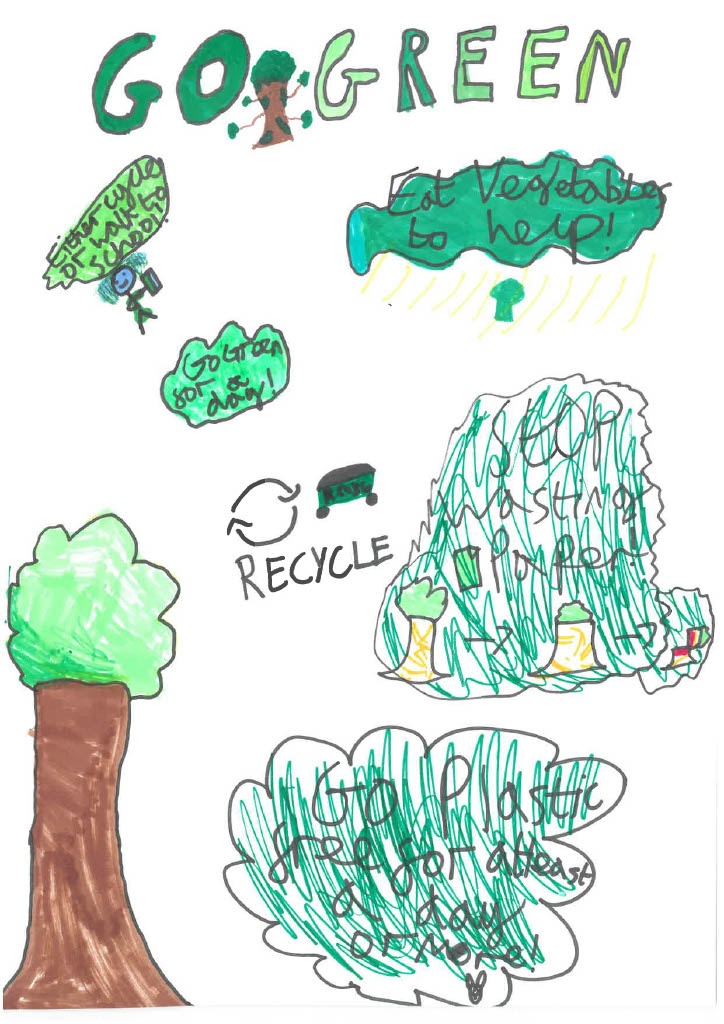
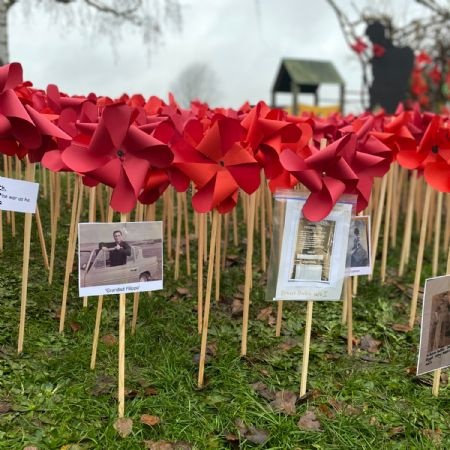
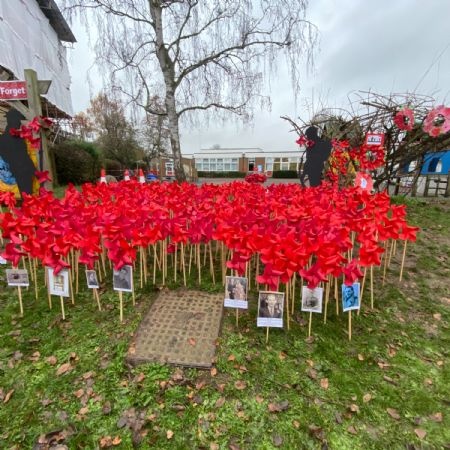

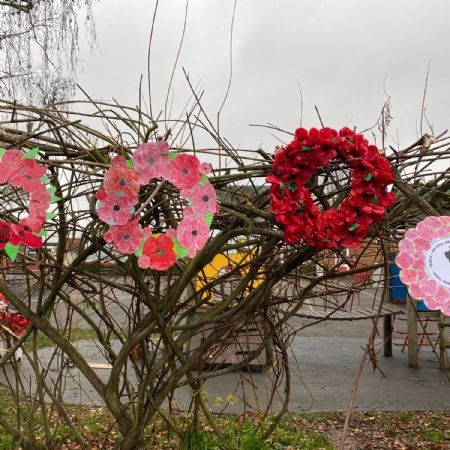
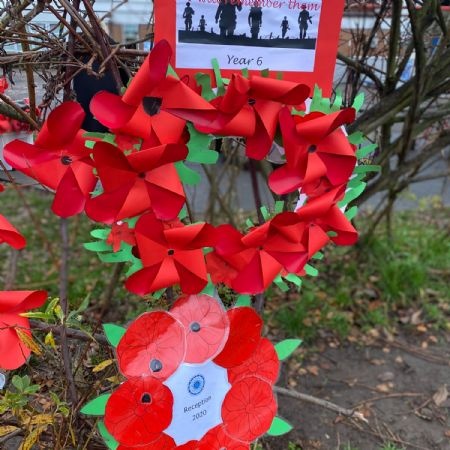
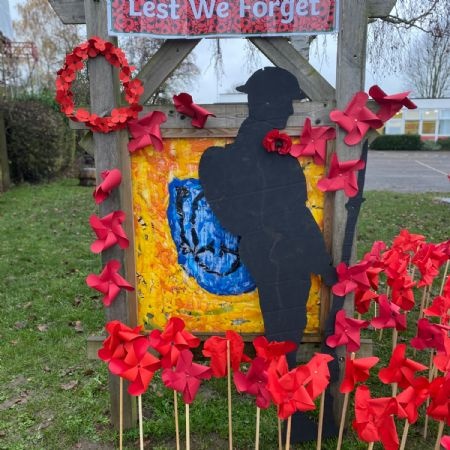
.JPG)
.JPG)
.JPG)
.JPG)
.JPG)
.JPG)
.JPG)
.JPG)

